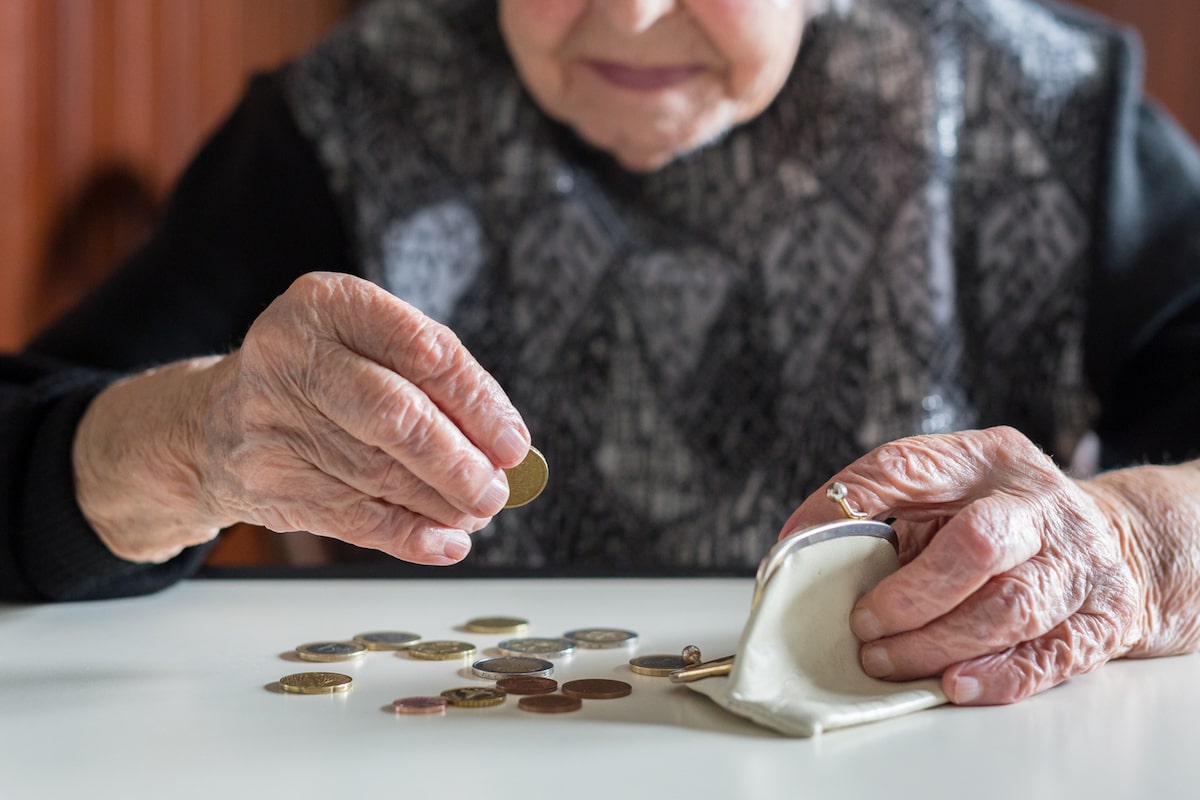In the midst of the coronavirus (COVID-19) pandemic, it’s important to remember the needs of some of the community’s most vulnerable, according to Sarah Lewis, vice president of health equity for Hartford HealthCare.
Lewis, who participated in the system’s press briefing on March 27, said, “We have seen some of the structural inequities in our system when it comes to health disparities and persistent socioeconomic disparities are starting to be exacerbated because of the pandemic.”
“We’re keeping our eyes out for how certain members of our population who have not traditionally had access to health insurance or a regular medical care provider, and who may have certain chronic underlying conditions, are now at risk of suffering more greatly because of the ongoing pandemic.”
Specifically, she said lower income populations already experience a higher prevalence of diabetes, asthma, hypertension and other cardiopulmonary complications that can lead people to suffer more from a COVID-19 infection. This is also true for minorities, she added.
“Unfortunately, black and Hispanic populations are more likely to suffer from and carry these different comorbidities over their lifespan,” Lewis said. “Over time, that can end up shaking up the way we see the predictive suffering for COVID, particularly when it comes to infection rates and morbidity rates.”
Experts have said that segment of the population that will be hardest hit by COVID-19 is the elderly and those at any age who have underlying conditions.
“We’re looking across our communities and talking to our partners who work with the most vulnerable members of our society,” Lewis said. “We’ve been reaching out to homeless shelter providers, elected and appointed officials at the state and local level so we’re prepared and we’re tracking. When it comes to providing care at different levels of acuity, we can do that.”
Everyone who is able to practice social distancing should continue, she said, because some people don’t have the ability to due to unstable housing options or a need to find work.
“You’re preventing them from getting sick. You’re preventing yourself from getting sick and putting an extra burden on the healthcare system. This is something we’re all in together,” Lewis said, adding that, “While we can’t solve the existing health disparities that preceded the outbreak of COVID-19, we can do something now to potentially lessen the impact on those who are already most vulnerable to it.”
She urged people to consider donating to local food banks and shelters. She also suggested supporting service workers such as hairdressers and manicurists with electronic fund transfers or by buying gift cards for future use. This, she explained, can help “provide them with a safe landing when this is over.”
Not feeling well? Call your healthcare provider for guidance and try to avoid going directly to an emergency department or urgent care center, as this could increase the chances of the disease spreading.
Click here to schedule a virtual visit with a Hartford HealthCare-GoHealth Urgent care doctor.
Stay with Hartford HealthCare for everything you need to know about the coronavirus threat. Click here for information updated daily.
Questions? Call our 24-hour hotline (860.972.8100 or, toll-free, 833.621.0600).
Get text alerts by texting 31996 with COVID19 in the message field.

